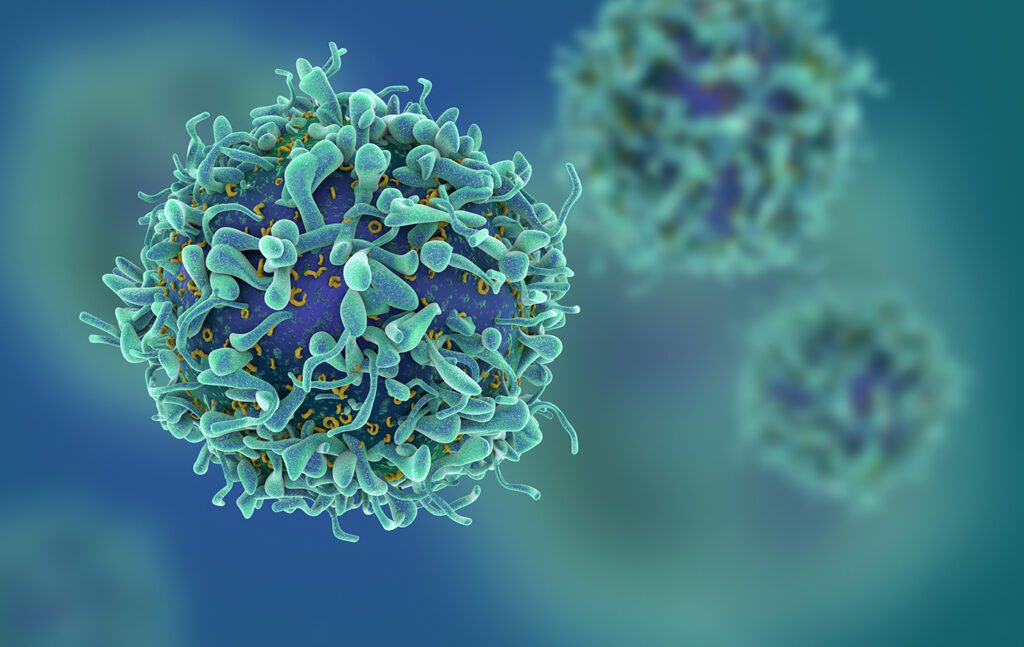What is Cancer OCD?
| Health OCD related to fear of cancer involves repetitive fears centered around cancer, as well as repeated behaviors done to reduce anxiety or avoid outcomes related to those fears. If you’re suffering from OCD (obsessive-compulsive disorder), you experience thoughts, images, or urges that are repeated, unwanted, and cause anxiety or distress, called obsessions. These then lead you to perform physical or mental behaviors called compulsions in an attempt to ignore the obsessions, get rid of them, or avoid feared outcomes so that you can have peace of mind. Having constant thoughts of getting cancer can impact all parts of life, possibly involving fears about the foods you like to eat or drinking water that has been in contact with certain materials (i.e. plastics), and these thoughts and compulsive cycles can cause extreme anxiety and depression. Cancer OCD manipulates normal doubts you may have about cancer and other health concerns—either in yourself or your loved ones—and disrupts your daily life with constant thoughts, worries, and compulsions. These unwanted thoughts and compulsions form a vicious cycle that can get worse and worse if left untreated. |
Cancer OCD – Common Obesessions
- Researching symptoms
- Checking, re-checking, and scanning body for possible signs or symptoms
- Images of going through chemotherapy
- Doubts that test results are accurate or truly negative
- Researching foods, objects, or activities that could be linked with cancer
- Monitoring family, friends, or loved ones for signs of cancer
Common Triggers
People with Health OCD related to cancer may be triggered by receiving news that a family member or friend is experiencing a health concern, seeing a television commercial for a cancer drug, watching or reading media that deal with cancer, or even receiving a flier in the mail to donate to a cancer treatment facility.
Triggers for people with cancer OCD fears may include:
- Hospitals, clinics, or other medical settings
- Media that involves cancer
- Odd sensations or pain
- Hearing loved ones speak about possible health concerns
How can I tell if it’s OCD fear of cancer and not anxiety or cautiousness?
If you were to take a moment and look up “Cancer OCD” you might also find information on Carcinophobia or Illness Anxiety Disorder (Hypochondria/Hypochondriasis). How are these different from OCD?
Carcinophobia is simply the fear of getting cancer, mainly affecting those who have already had cancer or know someone who has had cancer. Illness Anxiety disorder is fear of having cancer and feeling like you already have it by misinterpreting normal body functions as cancer.
What distinguishes OCD from these other conditions is the presence of compulsions. With Health OCD related to cancer, someone will not only obsess over all things related to cancer, but also do compulsive behaviors to try to neutralize the anxiety they feel from their obsessions. Neutralizing or reducing this anxiety by doing compulsions is never enough to erase uncertainty or keep thoughts and anxiety at bay in the long term.
Common Compulsions
When people with OCD fear of cancer experience intrusive thoughts, images, feelings, or urges that cause distress, they may respond with compulsions that feel relieving to them in the moment. These compulsions are repetitive physical or mental behaviors that the person feels driven to perform. The repetitive behaviors or mental acts are meant to reduce anxiety related to the obsessions or to feel reassured that they have prevented potential cancer risk.
Engaging in compulsions offers only a temporary relief from anxiety and can quickly become disruptive to daily life. Performing compulsions can cause conflict in relationships, social interactions, productivity, and physical health.
Common compulsions performed mentally or physically by people with Cancer OCD include:
- Avoiding places or certain materials for fear of getting cancer
- Repeatedly seeking reassurance from medical experts that you do not have cancer
- Counting and recounting how many moles you have on your body
- Praying and repeating phrases over and over that you hope will neutralize cancer
- Seeking reassurance from family or close friends
- Repeatedly researching potential signs, symptoms, and causes of cancer
How to treat fear of cancer
| OCD fear of cancer can be debilitating for people who struggle with it, but it is highly treatable by doing exposure and response prevention (ERP) therapy with a trained therapist. ERP therapy is a behavioral therapy that gradually exposes people to situations designed to provoke their obsessions and anxiety in a safe environment. Once exposed, an ERP therapist will work with them to sit with the discomfort of the obsession without doing any compulsions. This is difficult at first, but over time they habituate to the discomfort, and their obsessions are no longer frightening, overwhelming, or highly disruptive. |

